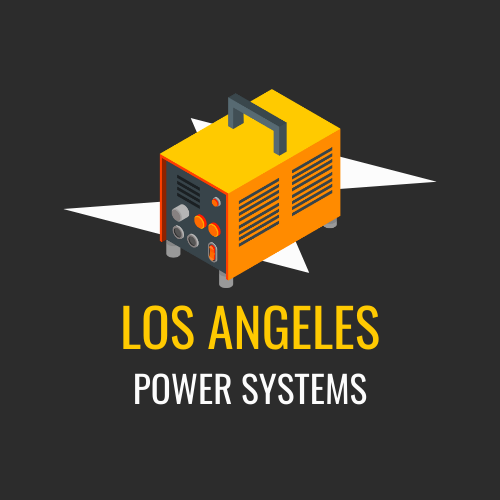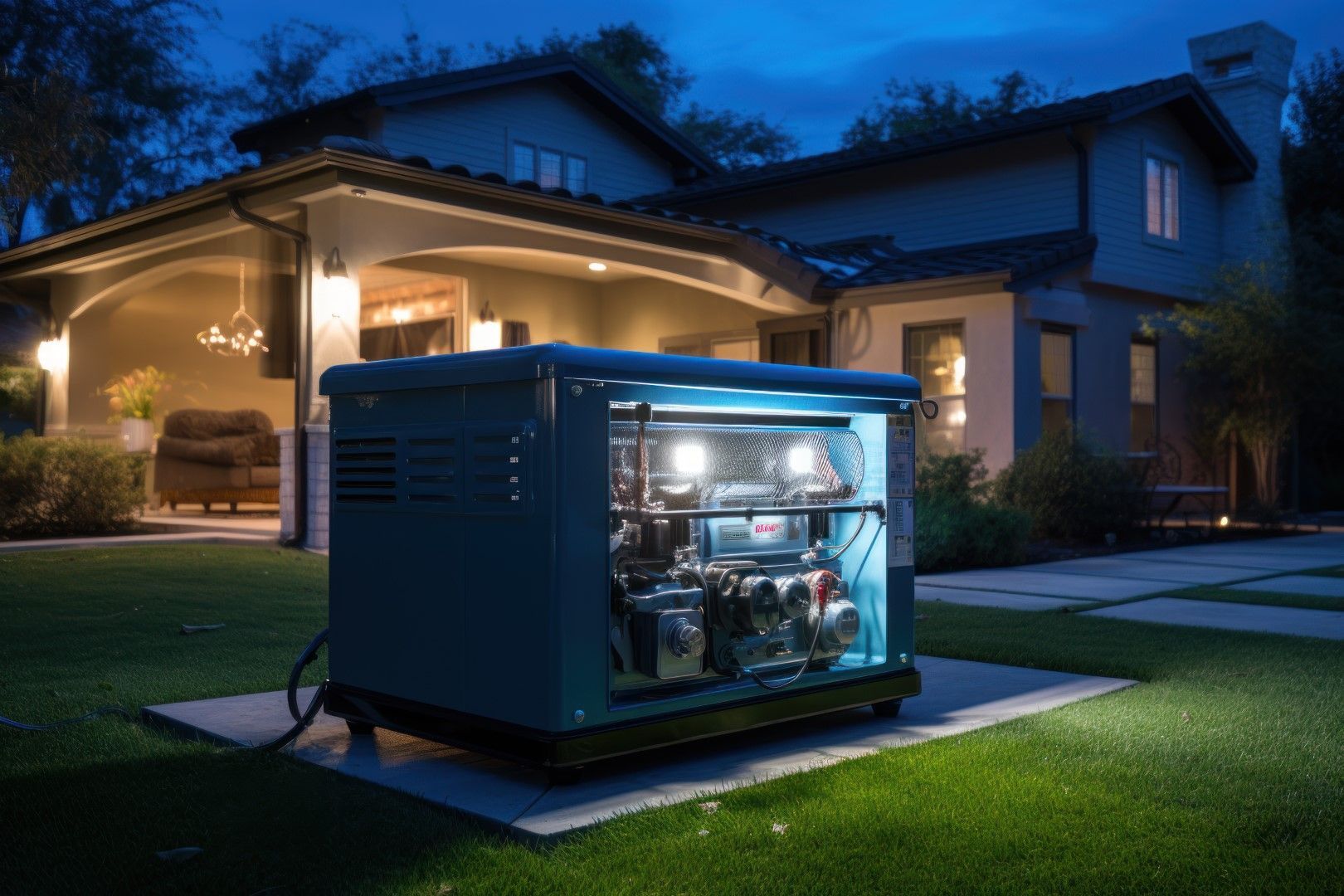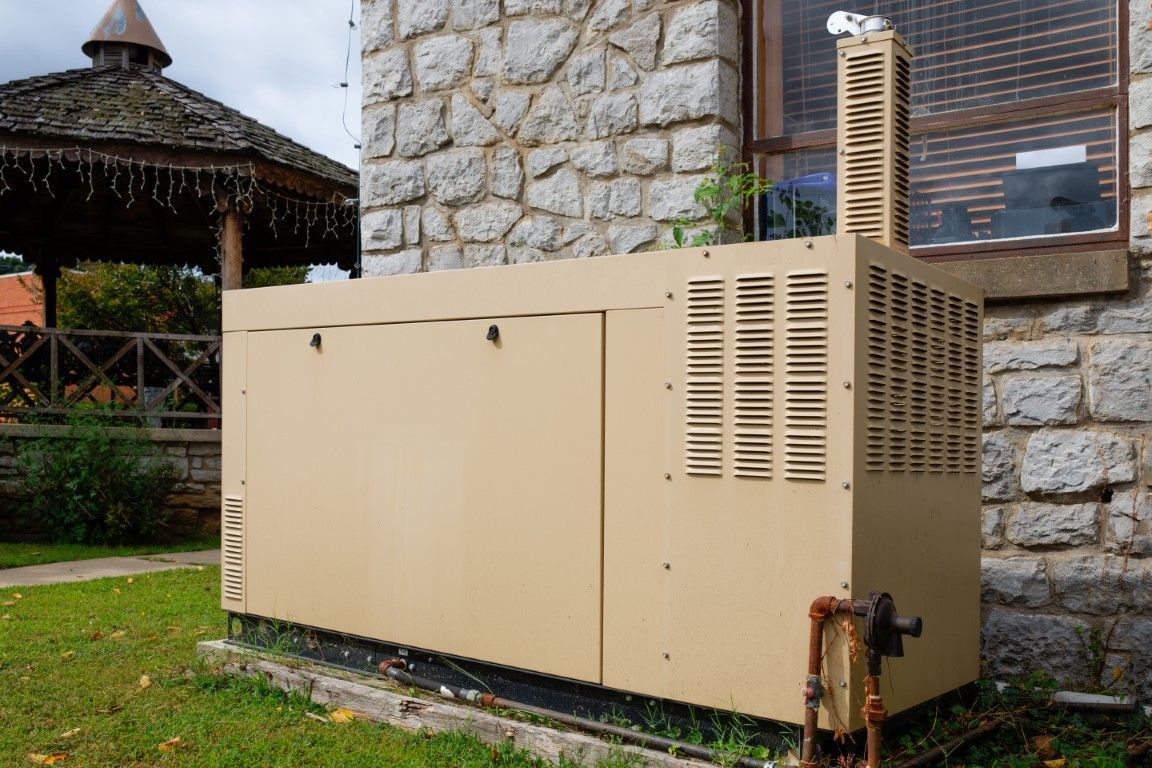
Electric Generators in Los Angeles CA
An electric generator is a machine that turns moving energy into electricity. This is important because it gives us the power we need for our homes, businesses, and electronic devices like TVs and computers. Generators come in different sizes, like big ones for businesses and smaller ones you can move around for things like camping.
Why Electric Generators Are Important
Electric generators are super important today. They do lots of jobs, like giving us power when the lights go out, helping to run construction sites, and powering events outside. Big generators help businesses keep working if the power goes out, and portable ones are great for camping and emergencies. Some generators use propane or solar power, which is good for the environment and gives us different ways to make electricity.
Parts of an Electric Generator
An electric generator has two main parts: the stator and the rotor. The stator stays still and holds the wires, while the rotor spins around to make a magnetic field. When the rotor spins, it helps create electricity by making the magnetic field move across the stator.

We will get back to you as soon as possible.
Please try again later.
Types of Electricity Made by Generators
- Generators can make two kinds of electricity: alternating current (AC) and direct current (DC).
- Alternating Current (AC): Most generators make AC, which is the kind of electricity we use in our homes and schools. AC is great because it can go a long way without losing much power, so it's good for powering big areas.
- Direct Current (DC): Some generators make DC, where the electricity flows in just one direction. DC is used in batteries and some special gadgets. For example, solar generators often make DC electricity, but it can be changed to AC if needed.
Understanding how electric generators work and the kinds of electricity they make shows us why they are so important, especially in a big city like Los Angeles, where having power is important.
Electric Generator Maintenance and Safety Considerations
Electric generators are essential tools that help provide power when we need it most, whether during an outage, at a construction site, or for recreational activities like camping. However, to keep your generator running smoothly and safely, it’s important to understand the key aspects of maintenance and safety. In this blog post, we will explore routine maintenance tasks, important safety protocols, and how to troubleshoot common issues with your electric generator.

-
Routine Maintenance
Taking good care of your generator is key to making sure it works when you need it. Skipping maintenance can lead to poor performance or even failure when you need power the most. Plus, following safety guidelines helps prevent accidents. Let’s dive into what you should do.
Engine Maintenance: The engine is the heart of your generator, so keeping it in good shape is crucial. Regularly check and change the engine oil as recommended by the manufacturer. This helps the engine run smoothly and last longer. You should also clean or replace the air filter to ensure the engine gets enough clean air to work properly. Don't forget to check the spark plug; if it looks worn out, replace it to keep the engine running efficiently.
Electrical System Checks: Besides the engine, the electrical system also needs attention. Check the wires and connections often to see if they are worn out or damaged. If your generator has a battery, make sure it’s fully charged and working well. Testing the generator’s output with a multimeter can help you make sure it’s producing the right amount of power.
-
Safety Protocols
Staying safe while using your generator is just as important as keeping it well-maintained.
Handling Fuel Safely: Most generators run on fuel, which can be dangerous if not handled carefully. Always store fuel in a well-ventilated area, away from any flames or sparks. When adding fuel to your generator, make sure the engine is off and cool to prevent fires. Use the correct type of fuel for your generator, and don’t overfill the tank to avoid spills.
Avoiding Electrical Hazards: Electricity is powerful and can be dangerous. Use heavy-duty extension cords that are made for outdoor use when connecting things to your generator. Don’t overload the generator; calculate the total wattage of what you’re powering to make sure it’s within the generator’s limits. Also, follow the manufacturer’s instructions to properly ground your generator to avoid electrical shocks.
Proper Ventilation: Generators produce carbon monoxide, a gas that you can’t see or smell but is very dangerous. To avoid carbon monoxide poisoning, always use your generator outside in a well-ventilated area, away from doors, windows, and vents. Never run a generator indoors, in a garage, or any enclosed space.
-
Troubleshooting Common Issues
Even if you take good care of your generator, problems can still happen. Here’s how to fix some common issues:
Generator Won’t Start: If your generator won’t start, check the fuel level first. If it’s low, add fresh fuel. Then, check the spark plug and air filter. A dirty air filter or a bad spark plug could be the reason the engine isn’t starting. Make sure the choke is set correctly for starting.
Low Power Output: If your generator is running but not producing enough power, it might be because of a dirty air filter, a clogged fuel line, or an issue with the alternator. Clean or replace the air filter and check the fuel line for blockages. If the problem doesn’t go away, you might need to get the alternator checked by a professional.
Overheating: Overheating can happen if the generator is running for a long time or in hot weather. Make sure the generator has good ventilation and isn’t overloaded. Also, check the engine oil level; low oil can cause the engine to overheat.
By following these tips, you can keep your electric generator running smoothly and safely. Regular maintenance, careful handling of fuel, avoiding electrical hazards, ensuring good ventilation, and knowing how to fix common problems will help you get the most out of your generator while keeping everyone safe.
Future Trends in Electric Generators
Electric generators have come a long way, and the future promises even more exciting advancements. As technology evolves, so do the capabilities of generators, making them more efficient, environmentally friendly, and smarter. In this blog post, we’ll explore some of the key future trends in electric generators, including innovations in technology, the rise of renewable energy, and improvements in energy efficiency.

-
Hybrid Generators
One of the coolest new trends is the hybrid generator. These generators combine traditional fuel engines with alternative energy sources like batteries or solar panels. This mix allows them to use less fuel and produce fewer emissions, making them a greener choice. Hybrid generators can switch between fuel and battery power based on what’s available or what’s needed, offering a flexible and eco-friendly power solution for homes and businesses.
-
Smart Generators with IoT Integration
Another big change is the rise of smart generators. These generators connect to the internet and can communicate with other smart devices. This means you can check on and control your generator from your smartphone or computer. Smart generators can give you real-time updates on things like performance, maintenance needs, and fuel levels. Some even can spot potential problems before they become serious, helping to keep everything running smoothly.
-
Growing Use of Renewable Energy
As more people look for cleaner energy options, generators are starting to use more renewable energy sources. Solar, wind and even hydropower are being added to generator designs to cut down on the use of fossil fuels. For example, solar-powered generators use sunlight to create electricity, which is a clean and sustainable energy source. These are great for sunny areas and are being used more often for homes and off-grid locations. Using renewable energy helps lower greenhouse gas emissions and supports the global push for a cleaner environment.
-
Better Energy Efficiency
Improving energy efficiency is a big focus for future generators. New designs and materials are making it easier to turn fuel into electricity more effectively. Innovations like advanced engine technology and high-efficiency alternators are cutting down on fuel use while boosting power output. Additionally, there are improvements in cooling systems and quieter operations, which help with overall performance and make generators more comfortable to use. With these upgrades, future generators will use less fuel to produce more power, saving money and reducing their impact on the environment.
In short, the future of electric generators is looking bright with all these new advancements. Hybrid models bring together traditional and alternative energy sources, smart generators with IoT features offer better monitoring and control, and the use of renewable energy sources is on the rise. Plus, improvements in energy efficiency mean that generators will become more powerful and cost-effective. These trends show that electric generators will keep getting better, smarter, and greener.
Let's Connect!
Hire us for reliable whole-house generator solutions tailored to your needs. With our expertise, you can ensure seamless backup power and peace of mind for your home. Contact us today to discuss your options and secure your power supply.